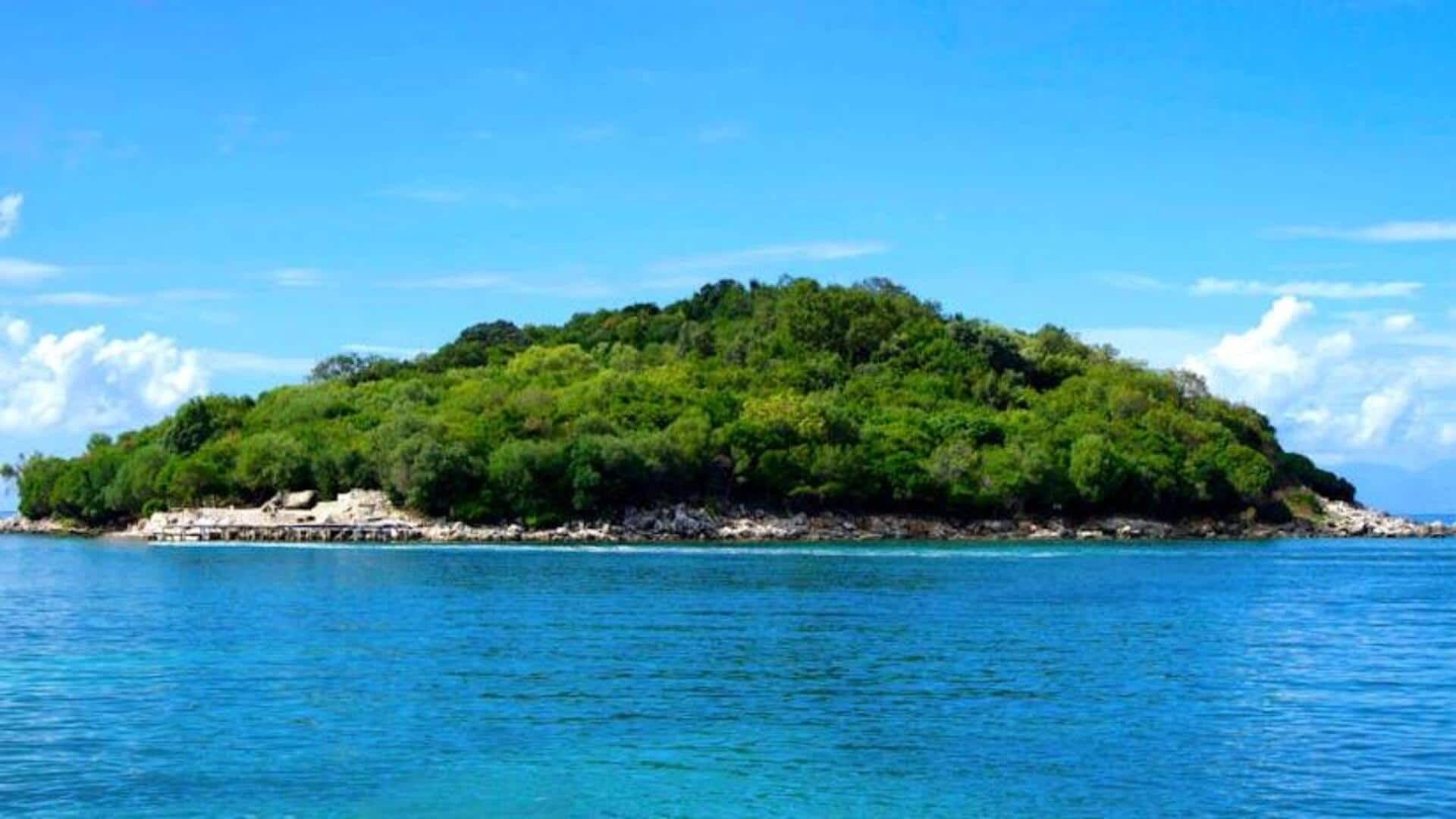
Exploring the forgotten islands: Off-the-grid adventure
What's the story
Discovering forgotten islands offers a unique adventure for those eager to escape the well-trodden tourist paths. These remote destinations provide unparalleled opportunities to explore untouched landscapes, encounter wildlife in their natural habitats, and experience cultures preserved from the rush of modern life. This article guides you through essential tips for planning an off-the-grid island adventure, ensuring a memorable journey into the unknown.
Preparation
Preparing for remote island exploration
Before embarking on your journey, thorough preparation is crucial. Research your destination to understand its climate, terrain, and any potential hazards. Since these islands often lack facilities, pack essentials such as a first aid kit, water purification tablets, and enough food supplies. Communication devices that work without cellular service, like satellite phones or radios, are also vital for safety.
Legalities
Navigating legal requirements
Many forgotten islands are protected areas with strict regulations to preserve ecosystems and cultures. It's crucial to check visa requirements and obtain special permits for visiting or camping. Some islands require visitors to engage with local guides or participate in conservation efforts. Ensuring compliance with these regulations respects the local environment and enriches your travel experience.
Community engagement
Engaging with local communities
Interacting respectfully with local communities can significantly enhance your adventure. Many of these islands are home to inhabitants who preserve traditional lifestyles. By learning about their customs and history, you add meaningful depth to your visit. Additionally, purchasing local crafts or foods not only supports the island's economy but also provides you with authentic souvenirs, making your trip even more memorable.
Sustainability
Sustainable travel practices
Sustainable travel is crucial for minimizing environmental impact in remote locations. Practicing leave-no-trace principles, such as carrying out all waste and avoiding single-use plastics, is essential. Using eco-friendly sunscreens and insect repellents prevents harm to marine life during swimming or snorkeling activities. These practices preserve the pristine conditions of remote islands, ensuring their beauty remains intact for future explorers.
Gear
Essential gear for island adventures
Investing in quality gear is essential for a successful remote island exploration. Waterproof bags are crucial for protecting electronics and important documents from unexpected rain showers or boat rides. Lightweight, yet durable hiking shoes are necessary for navigating rugged terrains. Additionally, breathable clothing is important to manage the humidity levels typical of island climates, ensuring comfort during your adventure.